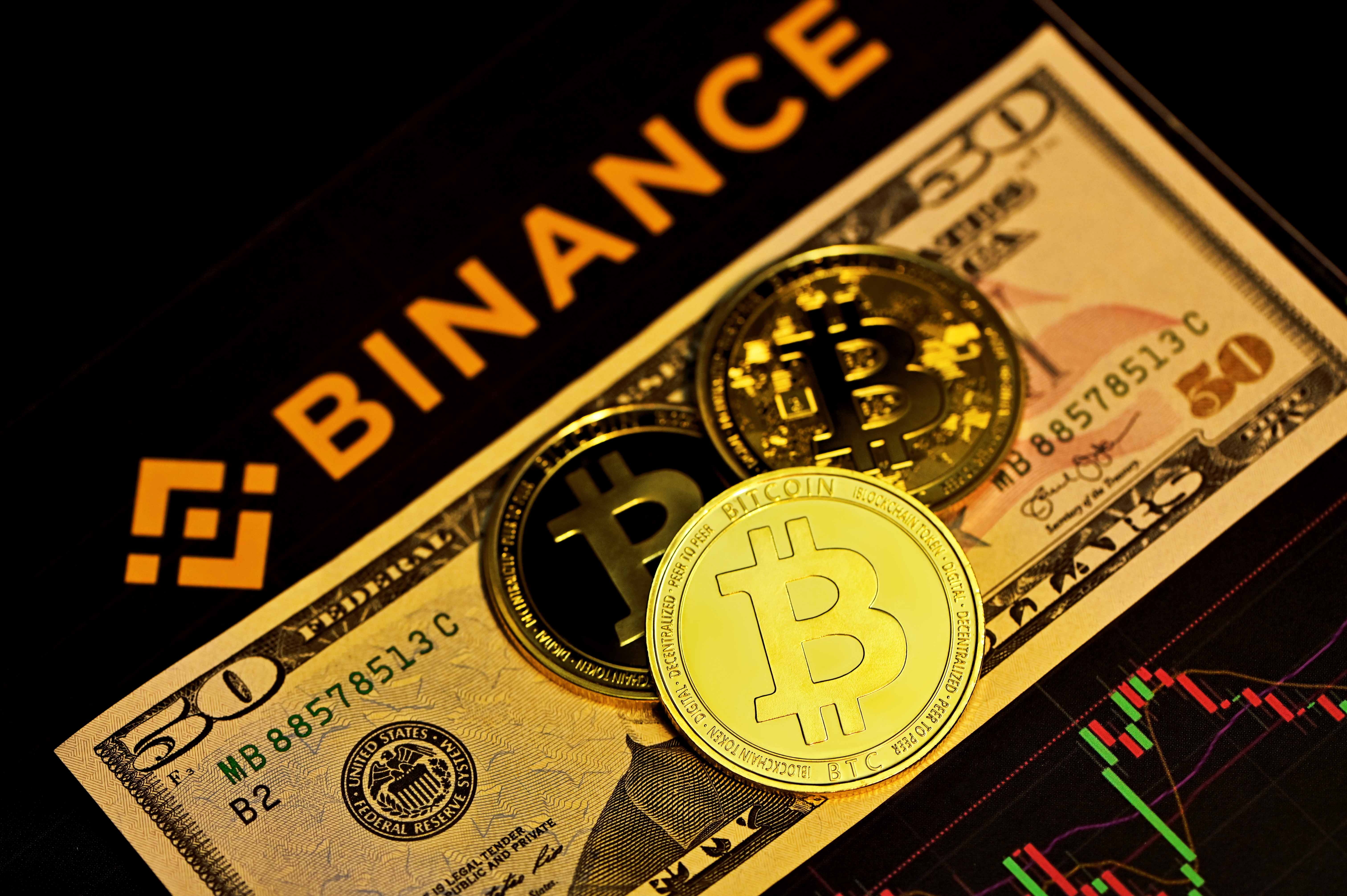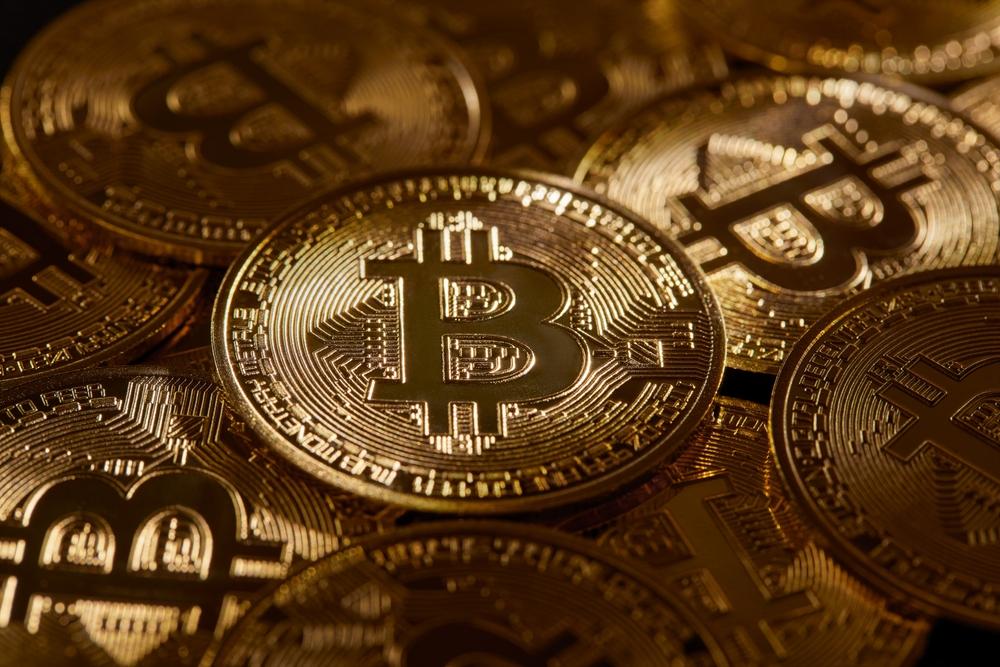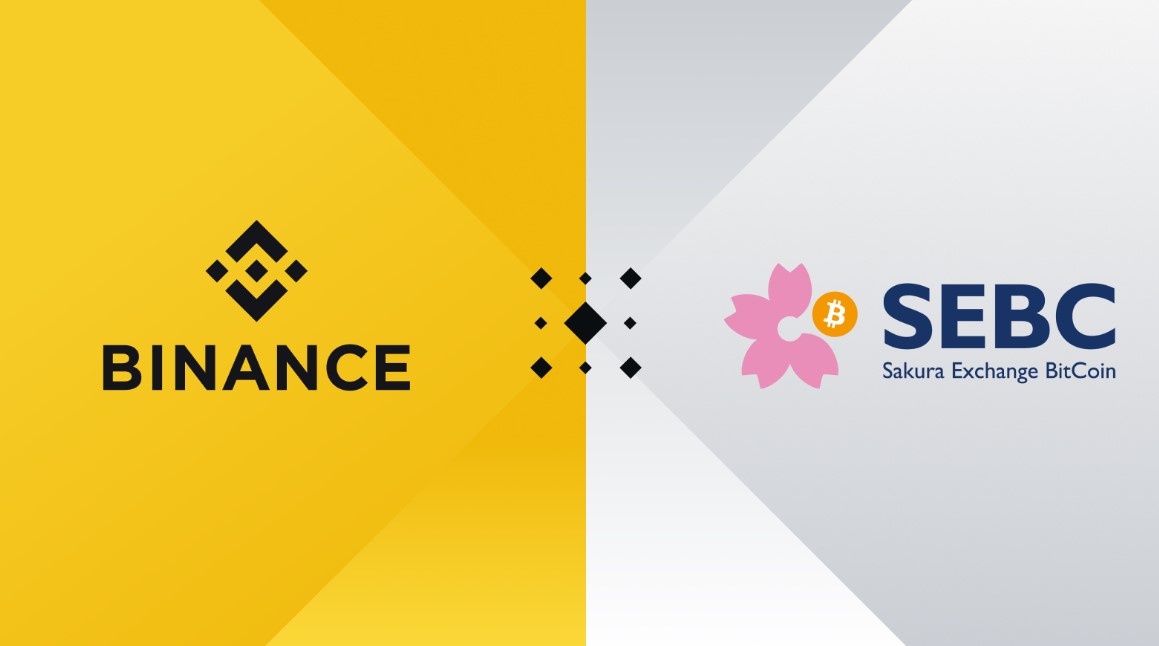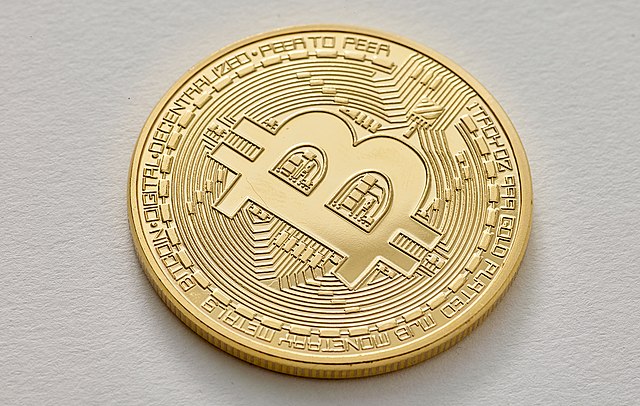Binance Advocates for Balanced Crypto Regulations Focused on Consumer Protection, Market Integrity, and Financial Stability
Binance, the world's largest cryptocurrency exchange, has responded to the U.K. HM Treasury's consultation on crypto-assets regulation by stating that any regulatory framework should prioritize consumer protection, market integrity, and financial stability.
In an official statement, Binance emphasized that a balanced approach should be taken to regulate the crypto industry to ensure its growth and innovation in a competitive environment.
The exchange further explained that "disproportionate regulation" could lead to consumers turning to unregulated markets and operators, which could potentially result in financial stability issues. While Binance agrees that the financial services activity of crypto-assets should be properly defined and regulated, the regulatory regime needs to ensure that it does not impact the underlying non-financial activity of a crypto-asset.
According to Binance, crypto-assets that carry similar risks as other traditional financial assets should be treated the same under the regulatory regime.
In addition, the exchange suggests that watchdogs like the Financial Conduct Authority (FCA) should create rules that are "consistent" with the regulatory framework. Moreover, the regulatory regime should also consider the nuances of different crypto assets and adapt regulations accordingly to accommodate their underlying technology.
Furthermore, Binance said that the regulatory framework should create "pragmatic" rules around disclosures for crypto-assets to ensure consumers have access to the "right information." The exchange recommends that exchanges should be in charge of the listing and delisting process for new cryptocurrencies and performing the necessary due diligence on issuers. Therefore, exchanges will also be held responsible for any violations or lapses.
Binance supports introducing a proper regulatory framework for admission and believes that market abuse will decline once these rules come into effect and there is "greater surveillance" of the markets.
According to the exchange, the Treasury needs to carefully and clearly define Decentralized Finance (DeFi) in the regulatory regime as its "future development" is uncertain.
Meanwhile, Binance believes that DeFi affects markets "differently" from traditional financial services and carries its own unique risks and advantages. DeFi will continue to evolve rapidly and disrupt markets in new ways, which should be considered properly when drafting legislation and policies for the industry.





























Comment 0